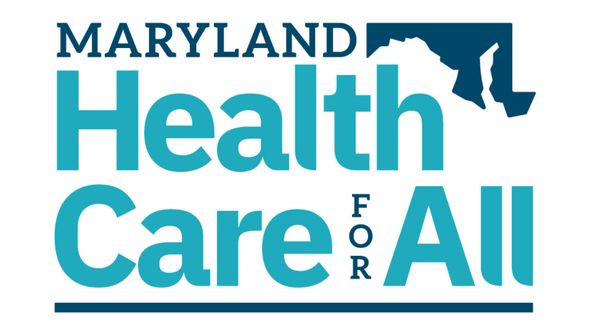Baltimore Sun
Len Lucchi
June 28, 2017
Over the last decade, the prescription drug industry has spent $2.3 billion in federal lobbying, plus more in the state capitals. According the Center for Responsive Politics, the pharmaceutical and health products industry spent more on federal lobbying in 2015 than any other industry. No wonder no legislative proposal to curb skyrocketing prescription drug costs has passed anywhere in this nation.
That is until now.
Last month, Maryland became the first state in the nation to enact a law that protects people from price gouging by prescription drug manufacturers. The law, which passed both houses of the Maryland General Assembly by overwhelming, bi-partisan majorities, but without the governor’s signature, authorizes the Attorney General of Maryland to sue manufacturers of off-patent and generic drugs for price increases that shock the conscience of a consumer and return that money to those that pay for those drugs.
Proponents of this legislation, a coalition of grassroots organizations led by the Maryland Citizens’ Health Initiative, were outspent by the opponents, namely trade groups and drug companies, by a margin of more than five to one, according to the most recent lobbying activity reports filed with the State Ethics Commission. So why did the drug industry fail to stop this legislation in Annapolis when it has repeatedly succeeded in stifling similar legislation in Congress and across the country?
The answer lies in what the drug industry did wrong and the advocates did right. The drug industry committed some serious tactical errors. First, during the debate on the legislation, it became apparent that the industry was grossly misinterpreting it, thinking that provisions authorizing Maryland’s Medicaid program to notify the Attorney General of certain price increases were actually a restriction on the Attorney General’s authority to sue price gougers, which they were not. Second, the opponents were unwilling to compromise on the bill’s provisions — a big turnoff to undecided legislators. Third, the industry made the legislation a partisan issue, rallying Republican leaders to speak out against the bill — a big mistake in a legislature with an overwhelming Democratic majority.
Besides the industry’s errors, the advocates had some unique advantages. First, they had a credible, popular leader at the helm. From his decades in the General Assembly, Attorney General Brian Frosh had deep relationships among lawmakers and was relentless in pushing the bill to the finish line.
Second, the advocates followed the public advocacy prescription contained in Michael Pertschuk’s 2010 book, “The DeMarco Factor” (named after Vincent DeMarco, the President of the Maryland Citizens’ Health Initiative), by enlisting the talents and research of some of the nation’s foremost experts at Johns Hopkins University, arming themselves with compelling data from a benchmark public opinion survey, assembling a broad-based coalition of senior, labor, professional, religious and civic organizations to engage in grassroots advocacy, and presenting their case through the media, both in paid advertising and the free press.
Third, with all of the outrageous revelations about astronomical drug price hikes, the public mood was strongly in favor of the legislature taking bold action.
As Attorney General Frosh said, “The pharmaceutical companies are extremely powerful and they’re usually able to kill bills like this. But they weren’t able to this time because people are really feeling the pain, and because of Maryland Citizens’ Health Initiative’s excellent organizing skills.”
Len Lucchi (llucchi@omng.com) is the longtime contract lobbyist for the Maryland Citizens’ Health Initiative Education Fund.
Last modified: June 28, 2017


